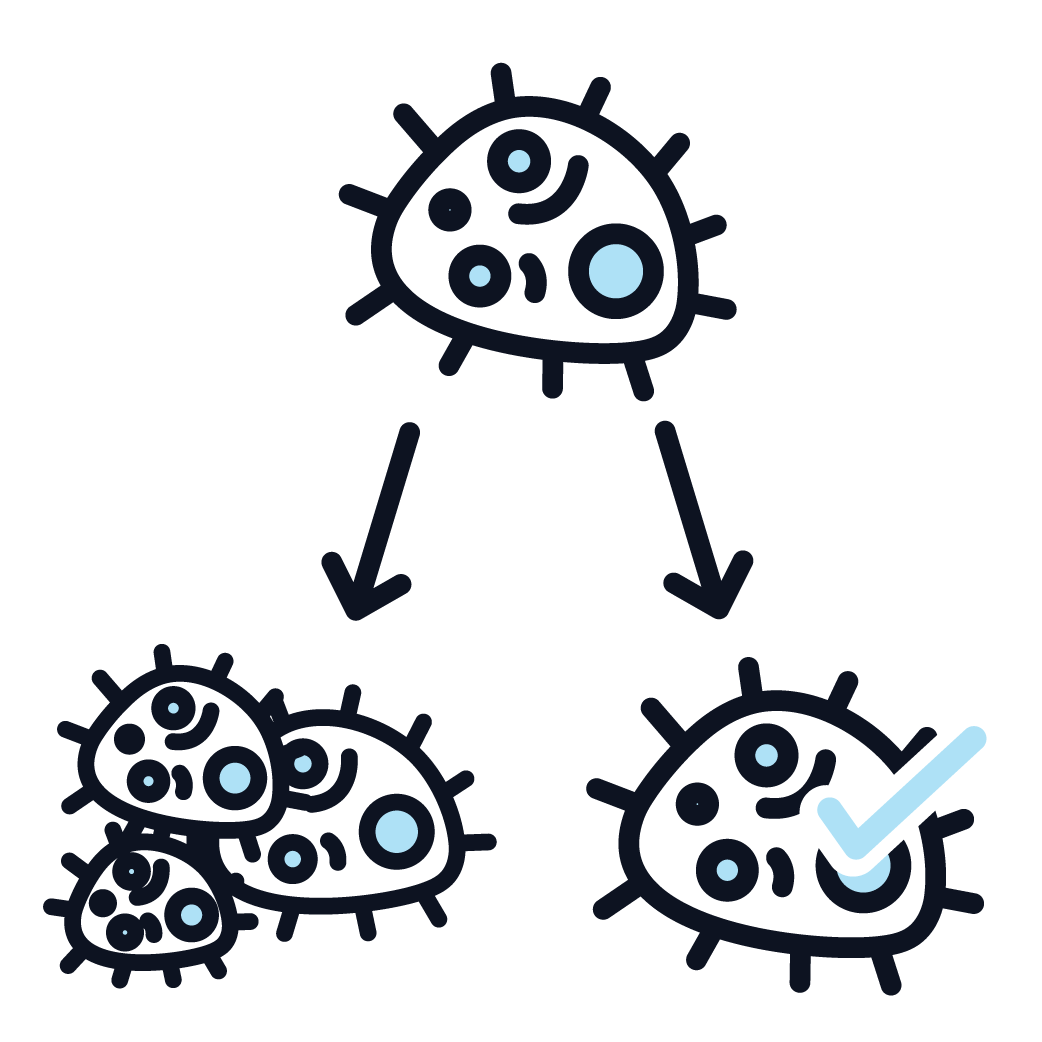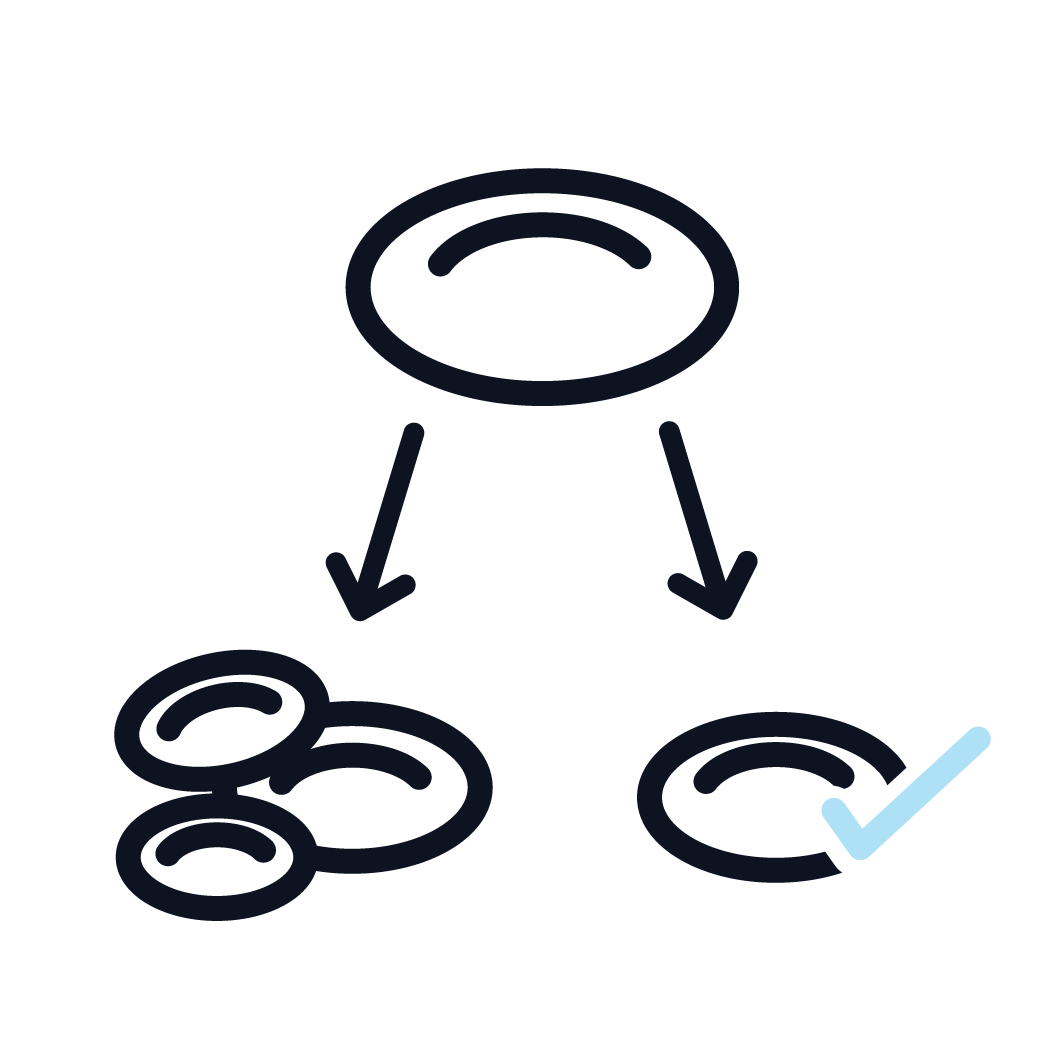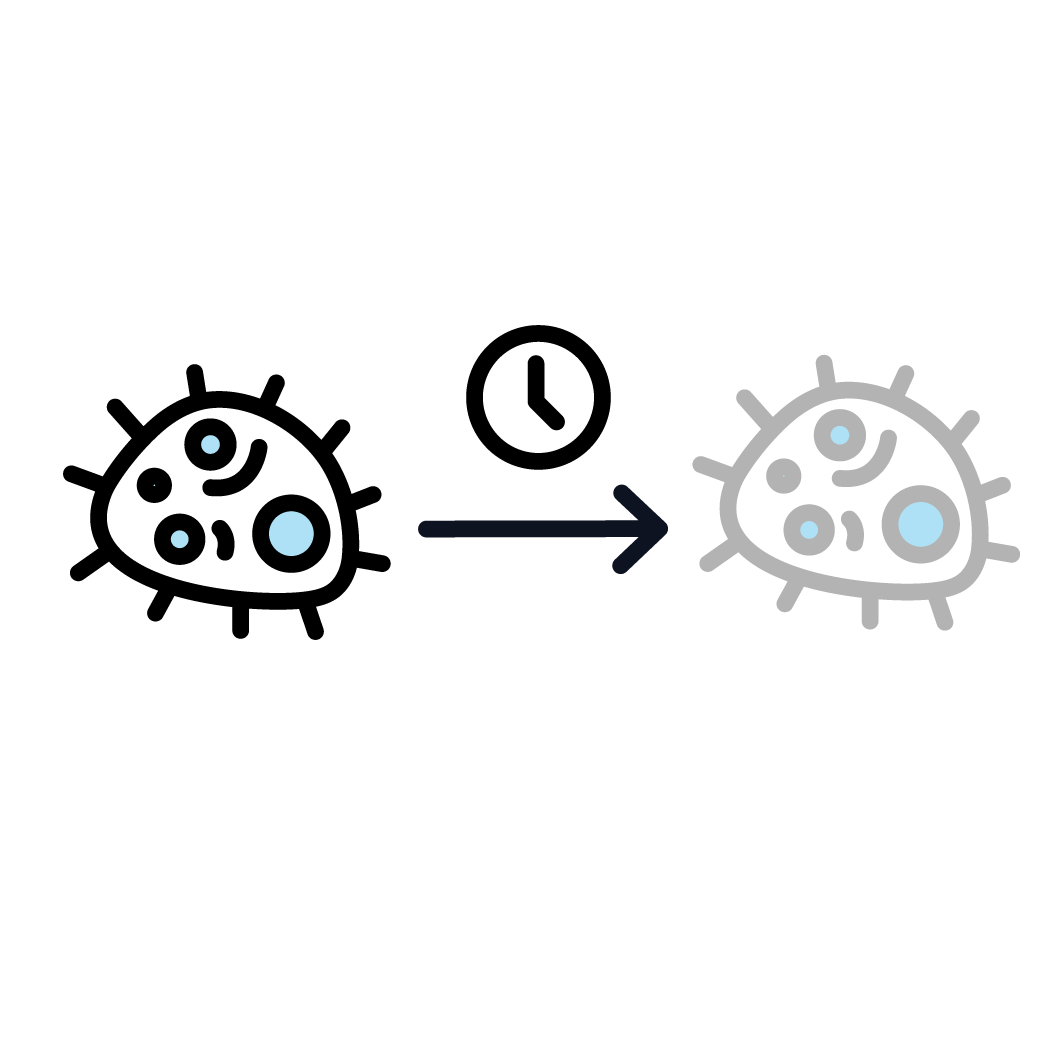Medically Reviewed by: Muaiad Kittaneh, MD, FACP, MBA | January 28th, 2020
Targeted therapy is a new type of cancer treatment that targets proteins in cancer cells responsible for their growth and spread. Small-molecule drugs and monoclonal antibodies make up the majority of targeted therapy medications. The therapies can boost the immune system to fight cancer cells, send cancer-killing particles directly to cells, starve cancer cells, or make their environment too harsh in which to grow. The side effects of targeted therapy are usually less severe than other treatments but may include diarrhea, headaches, high blood pressure, and mouth sores.
Cancer is a devastating illness. Mostly, because of how rapidly it spreads to other areas in the body. Because of this danger, researchers are developing treatments that have the ability to specifically target abnormal cells and then slow or stop those cells from growing and spreading. This method is known as targeted therapy. As scientists discover more about gene and protein changes, their focus is to develop new drugs that hone in and target those changes.
Targeted therapies offer an alternative treatment option to chemotherapy and radiation with less severe side effects. The reason why there are fewer side effects is that targeted treatment specifically targets abnormal cells, versus chemotherapy and radiation, which can’t distinguish between abnormal and healthy cells.
Malignant mesothelioma is an aggressive, fatal disease that has seen rising cases over the past 60 years. A person with mesothelioma cancer is generally experiencing tumor growth in the lining (mesothelium) of the lungs, abdomen, or heart (pleura, peritoneum, or pericardium). Resarchers continue to test the use of various targeted therapies on mesothelioma patients in clinical trials.
There are two primary types of targeted therapies: monoclonal antibodies and molecule medications. Small molecule drugs can enter the cancer cells and disrupt a specific cancer growth pathway, and monoclonal antibodies fight cancer cells on the surface, or surrounding areas, and are too big to slip into cancer cells.
Sometimes, oncologists use monoclonal antibodies to launch chemotherapy and radiation treatments straight into tumors. This can occur through an IV in a vein, or as a shot. Monoclonal antibody medication treatments usually end with the stem “-mab.” Four monoclonal antibodies are used in mesothelioma:

One of the most common targeted therapies, signal transduction inhibitors block signals that tell cancer cells to divide too much and too fast.

This form of treatment blocks the growth of blood vessels that cancer cells form in order to retrieve nutrients and oxygen. In the case of mesothelioma and some other cancers, the target is a substance called vascular endothelial growth factor (VEGF) and utilizes the drug bevacizumab. It’s usually administered in conjunction with chemotherapy medications pemetrexed and cisplatin.

This treatment utilizes the patient’s immune system to locate and destroy cancer cells. An oncologist can administer immunotherapies that boost the immune system to better attack cancer, or immunotherapies that highlight tumor cells so they’re quicker and easier for the immune system to find and attack.
This treatment is helpful in that it can penetrate cell membranes and interact with targets from the inside of a cell. Small molecule medicines are designed to interrupt the enzymatic activity of a specified protein and generally end with the stem “-ib.” Examples of small molecule medicine that are being tested in mesothelioma include:

Another form of targeted therapy, gene expression modulators modify the proteins that control the abnormal instruction or expression of genes in cancer cells.

When cells die after growing old or becoming damaged, this is called apoptosis. Cancer cells tend to avoid this natural process, and apoptosis inducers cause abnormal cells to go through normal cell death.
As with most cancer treatments, targeted treatments come with side effects. A patient’s experience with these side-effects varies, as each individual’s case is unique. More common side effects include:
Rarer, but possible side effects of targeted treatments can include:
Your doctor may have some medications available to help relieve side effects, and it’s recommended you call or stop by their office if you’re experiencing them.
A doctor will need to test your tumors to find targets the treatments can focus on. They may use a biopsy to take these tests, which consists of sampling the tumor and then checking it in a lab. Two patients with the same type of mesothelioma may not have the same targets, and some medications may be ineffective if you do not have certain gene mutations. An oncologist may have to administer other mesothelioma medications or treatments before targeted therapy can be applied.
You don’t have to go through this alone. Your oncologist will have resources available if you have any questions or issues during any of your mesothelioma treatment. If targeted therapy sounds like an option for you, definitely run that by your cancer-care team, so they can fully assess whether that’s the best option based on your health, mesothelioma stage, and other factors.
Jennifer Verta thrives as a digital content writer at Mesothelioma Hub. She has been producing content for clients since before she graduated from the University of Colorado at Denver with a Bachelor of Arts in Communication and a Minor in English Writing. Jen’s mission is to help promote awareness of mesothelioma to as many people as possible by providing only the most up-to-date and accurate content available. When she isn’t cranking the gears at work, Jen can be found snowboarding, hiking, catching live music, or socializing with friends.

Dr. Muaiad Kittaneh, MD, FACP, MBA, is a medical oncologist and assistant professor at Loyola University of Chicago. His journey in healthcare includes Internal Medicine training at Advocate Christ Medical Center/University of Illinois of Chicago, where he excelled as Chief Resident. Dr. Kittaneh further honed his expertise at the University of Miami.
Dr. Kittaneh has conducted extensive research and assisted in many clinical trials. His notable contributions have been published in journals across the United States, which focus particularly on breast, melanoma, and gastrointestinal cancers. As an expert medical reviewer, Dr. Kittaneh plays a crucial role in shaping and evaluating Mesothelioma Hub’s content, ensuring accuracy and relevance in the field.
American Cancer Society. (2019). Targeted Therapy for Malignant Mesothelioma. Retrieved on September 20th, from https://cancer.org/cancer/malignant-mesothelioma/treating/targeted-therapy.html
Doonan et al. (2017). Current and Emerging Therapy for Malignant Pleural Mesothelioma: Focus on CD26/Dipeptidyl Peptidase IV as a Therapeutic Target. Retrieved on September 20th, from https://ncbi.nlm.nih.gov/pmc/articles/PMC5737002/
Laurent et al. (2011). Target Therapies in Malignant Pleural Mesothelioma: A Review of Clinical Studies. Retrieved on September 20th, from https://journals.lww.com/anti-cancerdrugs/Abstract/2011/03000/Targeted_therapies_in_malignant_pleural.1.aspx
Mesothelioma Applied Research Foundation. (2021). Mesothelioma jargon guide and glossary (Part 1). Retrieved on May 27, 2021, from https://curemeso.org/2021/05/19/mesothelioma-jargon-guide-and-glossary-part-1/
My Cancer Genome. Targeted Therapies Overview of Targeted Therapies for Cancer. Retrieved on September 20th, from https://mycancergenome.org/content/page/overview-of-targeted-therapies-for-cancer/
National Cancer Institute. (2017). Metastatic Cancer. Retrieved on September 20th, from https://cancer.gov/types/metastatic-cancer
Mayo Clinic. (2019). Mesothelioma. Retrieved on September 20th, from https://mayoclinic.org/diseases-conditions/mesothelioma/diagnosis-treatment/drc-20375028
WebMD. (2019) What Is Targeted Therapy for Cancer? Retrieved on September 20th, from https://webmd.com/cancer/targeted-therapy-cancer#1